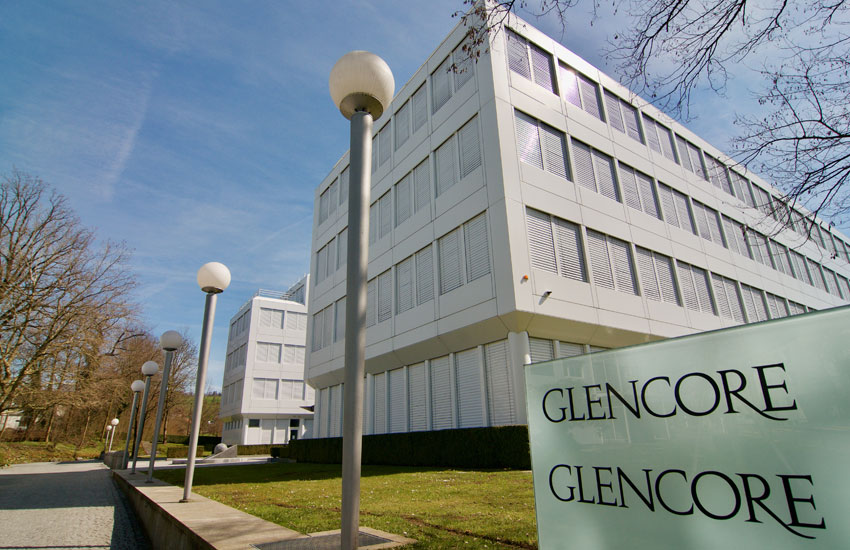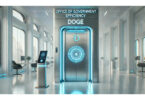A new blockchain cobalt traceability solution Re|Source is being piloted by three massive metals and mining firms Glencore, China Molybdenum Co (CMOC) and Eurasian Resources Group (ERG).
Cobalt is an element used in most electric car batteries, with a large proportion sourced from the Democratic Republic of the Congo (DRC), which provides 68% of the world’s mineral. Between 15% and 30% of the DRC’s cobalt comes from small artisan mines which have suffered fatal accidents, violence and in some cases, child labor is used. The World Economic Forum’s Global Battery Alliance (GBA) estimates that the demand for cobalt will grow fourfold by 2030. All three miners are members of the GBA.
The three mining firms founded the Re|Source group in 2019. They are joined by Umicore that produces cathode materials used in electric vehicle (EV) batteries, as well as an un-named car company (described as an EV pioneer) and a battery company. Testing is happening on the ground in cobalt production factories in the DRC through to EV production sites. A final solution is expected to go live in 2022 following this year’s pilot, which will end in December.
“Blockchain technology offers us an unprecedented ability for traceability in the supply chain,” said Ivan Glasenberg, CEO of Glencore.
“Through this pilot, we are supporting the development of this tool for our customers who seek to understand and demonstrate the origin of the cobalt units in their products. But traceability is not enough on its own, it must be part of a wider industry effort to bring improvements to the entire cobalt supply chain.”
Glasenberg continued, “This starts with responsible sourcing compliance, for example through RMI; the collective use of wider ESG standards such as CIRAF and ICMM; and supporting the artisanal and small-scale mining (ASM) sector in the Democratic Republic of Congo (DRC) sector through multi-stakeholder initiatives like the Fair Cobalt Alliance (FCA).”
Re|Source also tracks greenhouse gas emissions. Given the association with the Global Battery Alliance, the partners see a direct link between the GBA Battery Passport project and the Re|Source solution.
Kryha is the technology partner for the project. The Dutch company also worked on the World Economic Forum’s metals blockchain project as well as reciChain, the BASF project for recycling plastics. Re|Source uses Zero-Knowledge Proofs for privacy. Kryha couldn’t provide details re which blockchain protocol was used other than it’s “leveraging a private blockchain with a public mindset”.
This solution differs from other blockchain and cobalt traceability projects because the miners initiated it. In contrast, the IBM Responsible Sourcing Blockchain Network (where Glencore is a member) is driven by the technology firm. On the demand side, multiple car companies have partnered with blockchain startup Circulor, one of the first to provide metal and mineral traceability solutions.
Apart from miners, car companies and tech companies, one should not forget the local country. Retired NBA player Dikembe Mutombo is from the DRC, and his firm Bluetech is investing in blockchain to provide traceability in both private and public mines.
This means multiple solutions are likely to need to interoperate. That’s something that Circulor has previously explored.






